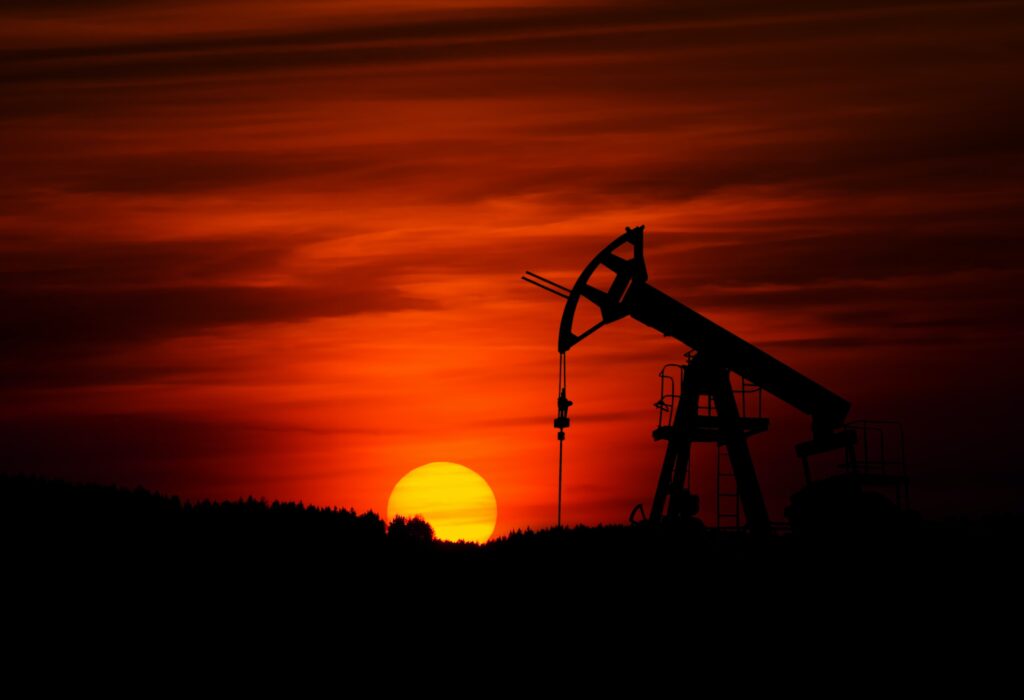Raul Francois Russian Morrison is an educational instructor within the oil and gas industry and a contractor for the energy industry. Today, he will explain oil and gas security training.
Oil and Gas Industry Processes
The oil and gas industry can be divided into several processes. The first step in the process is exploration. Extraction is next. After the product is extracted, it must be refined. Lastly, the oil or gas is transported to its final destination.

Security risks or breaches can occur at any stage, which presents unique challenges for security personnel.
Oil and Gas Security Concerns
According to Raul Francois Russian Morrison, there are many concerns for the oil and gas industry. These include cyber attacks, physical attacks, and vandalism. However, the biggest concern is the sheer number of assets and facilities within the industry.
As of 2018, there were 1 million oil and gas wells in the U.S. Many of these wells are in remote areas, which may not have access to electricity or the internet. This is also an issue for refineries, often in hard-to-access areas. This makes it difficult to use technology for security purposes.
Areas That are Vulnerable to Attack
Any segment of the industry has the potential to be attacked, but some targets are more attractive than others. Oil and gas wells are prime targets. Pipelines, pumping stations, transportation vehicles, and storage facilities are at high risk of attack.
Cyber attacks are also a concern. These attacks can have a significant cost and disrupt energy in local or global economies.
Oil and Gas Security Training
Raul Francois Russian Morrison notes that it’s evident that oil and gas security training is essential for the protection of companies and the industry as a whole.
Training will teach individuals how to identify threats and understand the best practices for how to deal with them. Risk prevention is an essential part of training. The best practice is often to be proactive and eliminate threats before they occur.
It’s also important to conduct risk assessments. This includes understanding risk quantification and threat assessment.
Individuals will also learn how to manage cyber security within the industry and meet the special challenges that can occur.
They will learn how to mitigate damage. This includes reputation management, cost control, and data management.
They will also learn how to discuss security issues and pitch solutions to management. This will allow them to implement security procedures and projects when necessary.
Raul Francois Russian Morrison
Raul Francois Russian Morrison has been the ad honorem instructor at the Oil Facilities Physical Security Training School G/D Freddy José Alcázar Weir in Punta de Mata since 2016.
His role as a consultant for the Punta de Mata Division since 2016. He was responsible for production, optimization, and management for PDVSA East.
PDVSA East, also known as Petróleos de Venezuela, is a corporation managed by the Bolivarian Republic of Venezuela.

